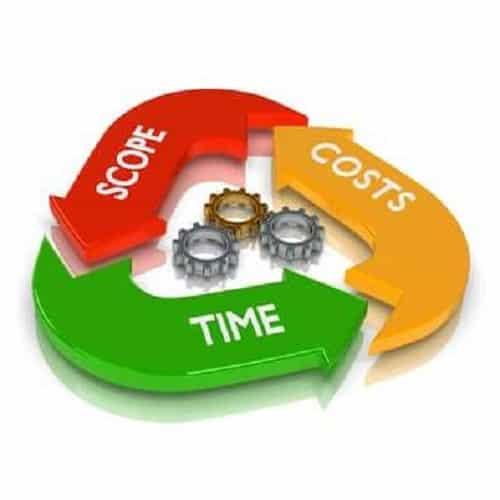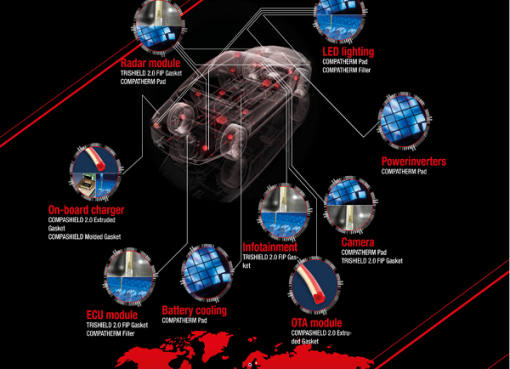There are several unique ways to conduct talent acquisition interviews. Anyone that’s had to interview for a position in the last few decades is aware of the dreaded, “so tell me about yourself” opener. Some corporations try behavioral questions in the hopes of digging down beyond an interviewee’s rehearsed and canned responses by asking what kind of animal you would identify as. Many other places restrict themselves by treating all potential employees the same and asking STAR model Questions. Situation. Task. Action. Results. In many cases the interview process has seemingly become less about your actual ability to do a given job and more about your ability to check the pre-scripted boxes in an interview. Your responses are scored, tallied, then measured against another candidate’s scores to determine the winner.
One of my very first interviews was for a drafting position with a small municipality. I was asked to sit in the showrunner’s office where he waved me over to a computer with AutoCAD software pulled up. He asked me to ‘just play around with it’ while he sat there. I zoomed in and out, typed in some codes to eventually reveal a map of the municipality’s water infrastructure that was previously not visible. The man was trying to hire someone who he knew could do the job; asking questions about my background, what celebrity I was in my past life, or breaking down my involvement in a project into 4 arbitrary boxes was unnecessary. He just watched me work
I got the job.
But what about project controls? Is there a way to sit them down in front of Primavera and prove knowledge? Yes, there is. But basic knowledge of one of a project management group’s tools doesn’t necessarily demonstrate an ability to schedule. Some people are fantastic schedulers or cost controllers while using MS Project, or Bentley’s Project Wise. A great way to determine a potential new hire’s ability to schedule a project is to require them to demonstrate their time management skills. Almost exclusively, project schedulers are fantastic at time management, and likewise the opposite is almost universally true – a poor time manager is likely to be a poor project scheduler.
But what does it look like to demonstrate time management skills in an interview that’s likely only scheduled for 30-90 minutes? The age-old question that has dominated college HR courses for years: How do we extrapolate a 30-year career forecast from a 30-minute conversation? You could ask how they manage their time, how they manage deadlines, how they prioritize tasks… Or you could have them demonstrate.
I’d recommend a trial using a prior project as an example. Request a senior controls analyst to alter the schedule to hide any proprietary information, and to create a workbook of sorts. A test? Aren’t we all adults? This isn’t high school. Yes. A test.
Give them 15 minutes to analyze the schedule, then give them another 15 minutes to respond to an inbox of 10 or so emails. Enough schedule-based tasks that all of them couldn’t be accomplished in this one sitting. Status inputs, responses to project managers, issuing documentation to a project oversight group should all be included. The hiring manager and/or senior analyst can then view the email responses simultaneously, while also being available to answer any questions that were project-specific. It gives the opportunity to see in real-time how the potential controls analyst will prioritize actions, how they work under pressure, and how they manage their time. It also requires them to demonstrate some technical acuity in using the scheduling software you have available. Reasonable accommodations could be made for those who lack the necessary hands-on experience with your specific scheduling/controls software if needed. Now you have a base of work to ask your interview questions around. Why choose this task first, why prioritize this one last… You could even request that they verbally walk you through their thought process while they work.
Building an excellent team rather than just a capable team is how to keep the Project Controls group strong enough to hold project management accountable. By forcing project managers to adhere to the processes and procedures that are given, by regularly communicating details of the project schedule that are only seen by excellent schedulers, you can measure the value added by both the organizational processes and project controls. Without strong analysts, a void is left between doing what is right and doing what is expedient, and a newfound and extreme need for trust in your project management personnel becomes required rather than preferred. Project Controls is an accountability group, it’s a check on project management as much as it’s a colleague, and all the technical knowledge in the world won’t save it if time management isn’t a prioritized skill set.
Source: energycentral










